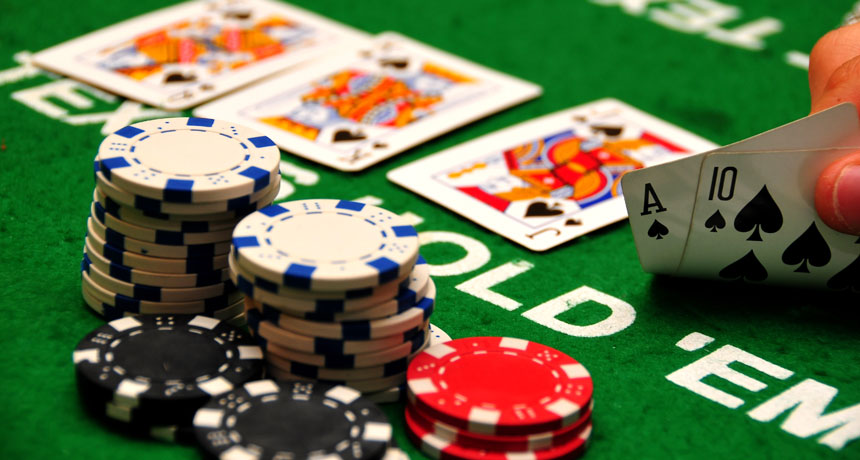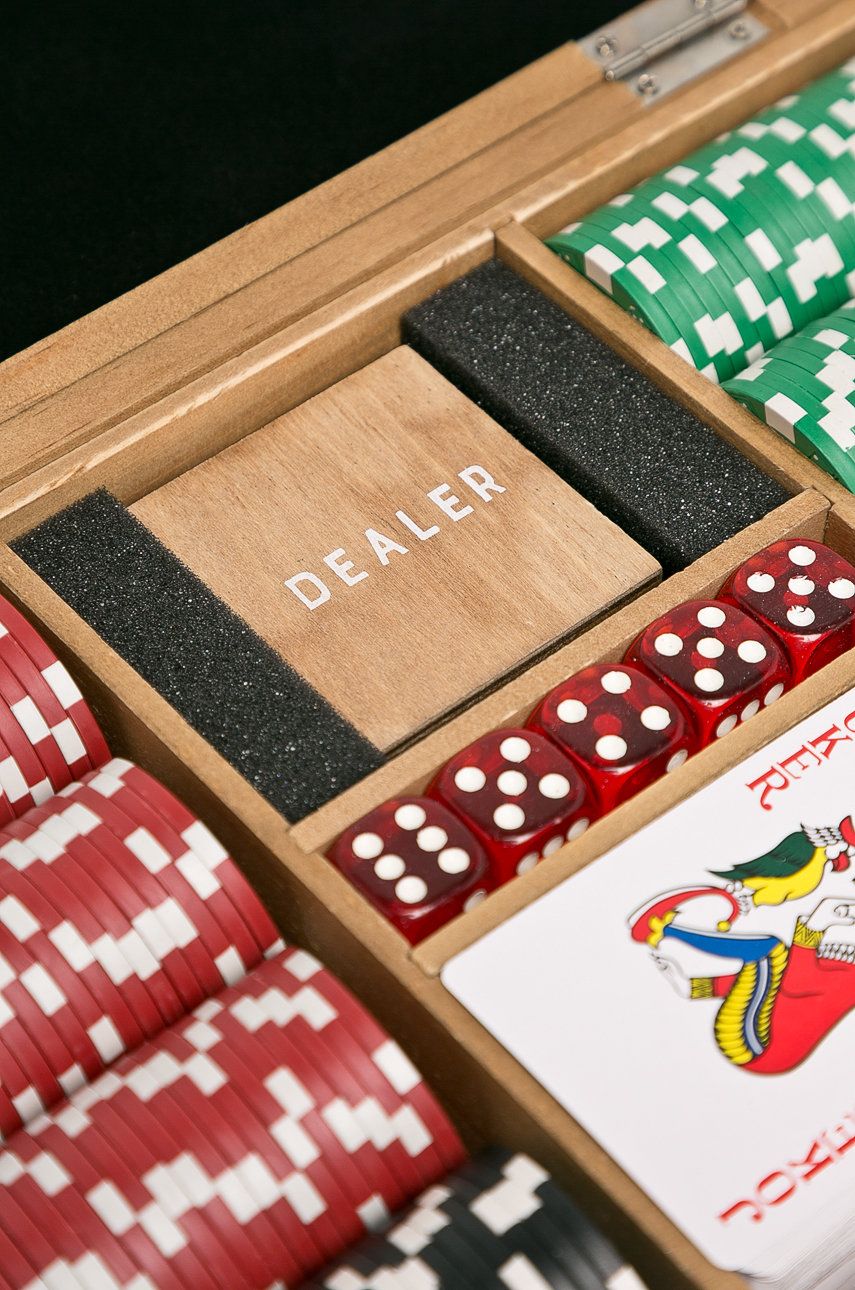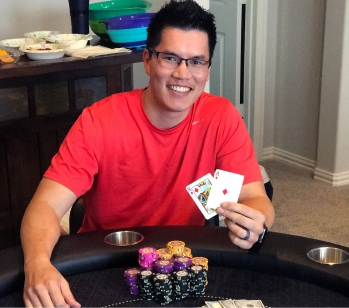Poker Medicine
Check the latest player offers and features from the world’s largest poker site.

Play Money Tournament Schedule
A game of jackpot poker or jackpots, which is a variant of five-card draw with an ante from each player, no blinds, and an opening requirement of a pair of jacks or better. A large pool of money collected by the house and awarded for some rare occurrence, typically a bad beat. Joker A 53rd card used mostly in draw games. The joker may usually. Poker tournaments in Medicine Hat are no problem under specific conditions. Tournaments are permitted as long as there are prizes and not real money to be won. In Medicine Hat and the surrounding area there are regular poker tournaments. This is a discussion on Poker and medicine for the brain within the online poker forums, in the General Poker section; Do you use any medications for the brain, playing poker in order to take long. Official website of the World Series of Poker Tournament. Featuring poker tournament coverage of events, schedules and news. Play online poker games like the WSOP pros.
Play Money Leader Boards
Sunday Billion
Buy Play Money Chips
Play higher stakes tournaments and ring games by purchasing Play Money chips. Bundles start from just $2.99.
Zoom
Download PokerStars.net for Free
Enjoy the ultimate online Play Money poker experience
- Play on a range of platforms - enjoy the same great PokerStars experience on your PC, Mac, mobile or tablet device absolutely free.
- Games starting every second - never wait for action thanks to brand new tournaments and ring games starting right now. Don’t miss out!
Play PokerStars On-The-Go
Amazing free mobile poker apps available now
Poker anytime, anywhere - Play a full range of games on the PokerStars app - directly on your device!
Watch your favourite poker TV shows for free - download the PokerStars TV app and catch full-length TV shows, interviews and more.
Become a Poker Champion
Get tips and poker strategies from the game’s best players
1,000s of free games and tournaments - take part in daily free tournaments, Sit & Go’s and ring games in a variety of formats and hone your skills.
Visit our free dedicated strategy section - from basic tips to video tutorials, there’s everything you need to master the game.
Some of online poker’s best prizes and rewards are waiting for you at PokerStars. See the Special Offers page for more.
Biggest and best online tournaments
PokerStars has the widest selection of Play Money tournaments in online poker. From Hold’em to Omaha and more, there’s a tournament that’s right for you starting soon.

Enjoy our incredible promotions
Every player has the chance to win prizes, entry to live events and major online tournaments. PokerStars gives away more rewards than any other poker site.
Play for free
There’s no cost, and no limit to the fun you could be having on PokerStars.net. Join millions of PokerStars users around the world and prove your skills.
Learn from the best
PokerStars is home to some of poker’s greatest poker players, and they’re on-hand to show you what it takes to become the next big poker star.
This material must not be used for commercial purposes, or in any hospital or medical facility. Failure to comply may result in legal action.
Medically reviewed by Drugs.com. Last updated on Nov 16, 2020.
- Care Notes
- Overview
What do I need to know about my child's pain?
Children feel and express pain in different ways. Your child may or may not be able to tell you he is in pain. Something that may be painful to one child may not be painful to other children. Your child's pain may be acute (short-term) or chronic (long-term). Pain management is an important part of your child's care.
How will I know if my child is in pain?
If your child can talk, he may tell you where he hurts and how bad it is. If you have a baby or small child, you may need to watch them for signs of pain. You may notice the following behaviors:
- Restlessness
- High-pitched crying
- Not moving or holding himself in a position to decrease pain
- Pulls away or gets upset when he is touched
- Touches, tugs, or rubs the part of his body that is painful
- Eats less or not at all
- Sleeps more or less than usual
What is a pain scale?
A pain scale is a tool used by your child's caregiver to help measure your child's pain. Your child's caregiver uses the pain scale together with examining your child. Your child's caregiver may use any of the following pain scales:
- Faces pain scale: This scale consists of different faces, from happy (no pain) to sad (a lot of pain). Your child may be asked to point to the face that best shows how he feels.
- Body outline tool: Your child will be asked to mark an X or color the painful area on a drawing of a child's body. Different colors can be used to measure his pain.
- Colored analog scale: This scale assigns colors to mild, moderate, or severe pain. Your child will be asked to point to the color that shows how much pain he is in.
- Oucher scale: This scale is used in children who can count. Your child will be asked to point to a number from 10 to 100 to show the amount of pain he is in.
- Poker chip tool: Your child will be asked to pick the number of poker chips to show the level of his pain. One chip represents a small amount of pain and 4 chips is the most amount of pain.
What medicines are used to control pain?
- Ibuprofen or acetaminophen: These medicines help decrease your child's pain. They can be bought without a doctor's order. Ask how much medicine is safe to give your child and how often to give it.
- Narcotic analgesics: These medicines include codeine and morphine. They are used for moderate to severe pain.
- Patient-controlled analgesia (PCA): This is a device that uses an electric pump to give your child pain medicine through an IV. The IV is placed in your child's vein, usually in his arm. Your child receives medicine by pushing a button. Ask your child's caregiver for more information about PCA.
- Anesthetics: These may be injected in or around a nerve to make your child more comfortable. It works by blocking pain signals from the nerves.
What are the side effects of pain medicines?
- Nausea, vomiting, or constipation
- Itching
- Pain in the lower abdomen or trouble urinating
- Irregular heartbeat or seizures
- Trouble breathing
Why is pain control important?
If pain is not treated, it can decrease your child's appetite and affect how well he sleeps. It may also decrease his energy and ability to do things. Pain may also change your child's mood and relationships with others. If pain is treated, your child will feel better and may heal more quickly.
How can I help manage my child's pain?
- Give your child his pain medicine as directed: Follow instruction on how much and how often to give your child medicine.
- Do not wait until your child's pain is severe: The medicine may not work as well at controlling the pain if you wait too long to give it. Tell your child's caregiver if your child's pain gets worse.
Medicine Poker Set
When should I contact my child's caregiver?
Contact your child's caregiver if:
- Your child has a fever.
- Your child has nausea or vomiting.
- Your child is more sleepy than usual after he takes his medicine.
- You have questions or concerns about your child's condition or care.
Gambling Medicine
When should I seek immediate care?

Seek care immediately or call 911 if:
- Your child's skin becomes red, swollen, and itchy.
- Your child suddenly has trouble breathing.
- Your child is sad, depressed, or not able to cope with his pain or illness.
- Your child's pain does not get better, or he has new pain.
Care Agreement
You have the right to help plan your child's care. Learn about your child's health condition and how it may be treated. Discuss treatment options with your child's caregivers to decide what care you want for your child.
Red Hot Poker Medicine
Further information
Poker Tournaments Medicine Hat
Always consult your healthcare provider to ensure the information displayed on this page applies to your personal circumstances.